Climate change poses significant challenges for cities worldwide, and Portugal’s city of Porto is no exception. Faced with growing concerns such as rising sea levels, urban flooding, and extreme temperatures, Porto is implementing its Municipal Strategy for Adaptation to Climate Change since 2016. This plan outlined a comprehensive response to the impending climate threats, leveraging both traditional strategies and innovative approaches rooted in nature-based solutions.

Proactive Measures to Mitigate Climate Risks
Porto’s climate strategy includes a multi-pronged approach to defend its coastline, curb urban flooding, and manage extreme temperatures. Key strategies include promoting bioclimatic measures such as green roofs, increasing and safeguarding trees throughout the city, and constructing new urban parks with nature-based solutions.
One significant aspect of Porto’s approach is their emphasis on respecting the water cycle. The city aims to increase permeable surfaces associated with stream rehabilitation and improve hydraulic drainage conditions. Additionally, Porto is promoting a new paradigm of urban water cycle management known as Water Sensitive Urban Design (WSUD), a set of principles that integrate urban planning and water management.
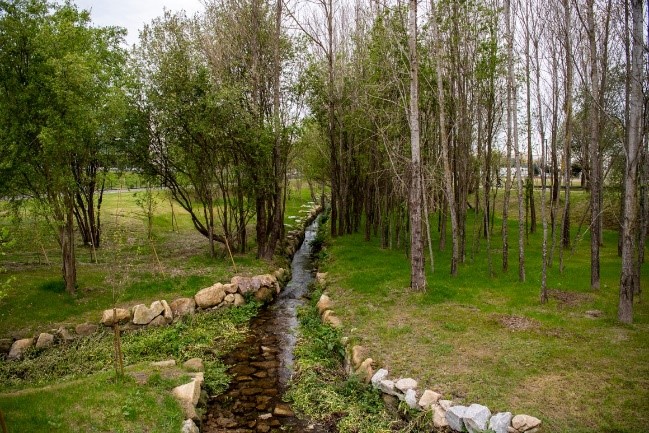
Trees: More Shade, Less Carbon
Porto’s commitment to increasing urban green spaces extends beyond the creation of parks. The city has been developing the Native Urban Forests project, an initiative aiming to cultivate native trees and shrubs for planting in strategic city locations. The project also encourages citizens to plant these species in their private gardens and exports part of them to surrounding regions for ecological restoration.
This initiative not only enhances the city’s biodiversity and beautifies urban spaces but also contributes to carbon sequestration, providing a natural and crucial solution to offset carbon emissions.
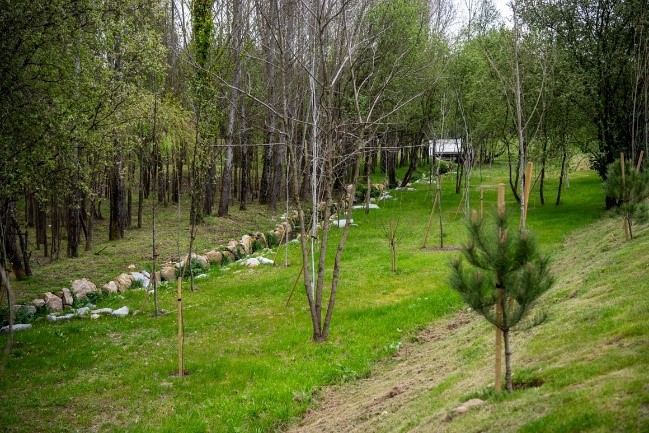
Asprela Park: A Case Study in Climate Adaptation
A shining example of Porto’s climate adaptation strategy in action is the development of Asprela Park. The park serves a dual purpose: providing a green space for the community and acting as a crucial piece of flood control infrastructure.
Asprela Park, located in the heart of the Asprela University Campus and near a subway tunnel entrance, was a site of increased flood risk. Flooding could disrupt the subway line’s operation for hours and result in substantial damage repair and extra maintenance costs. Recognizing this, the municipality promoted the renaturation of two streams (Asprela and Manga streams) that flow in the park and undertook a flood control intervention, implementing several hydraulic and terrain modeling solutions.
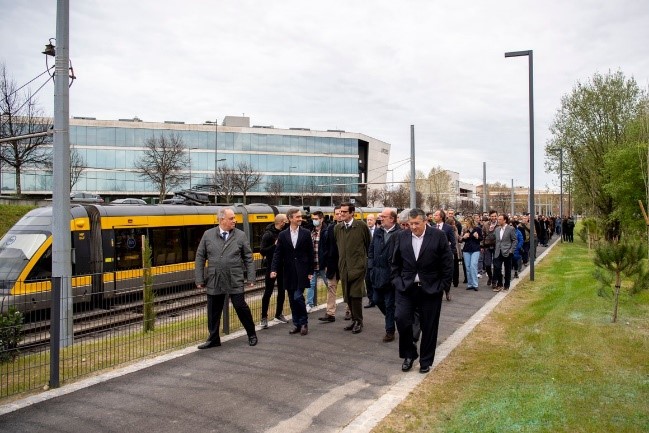
The park now uses nature-based solutions to prevent flooding during periods of heavy rain, transforming into a large retention basin with a capacity for 10.000 cubic meters of rainwater. This not only helps manage flood risks for the subway line but also for pedestrian pathways, bike lanes, and roads. Besides this, the space was fully recovered, and the necessary interventions were made to make the area accessible and comfortable for public access and enjoyment, turning it into an enjoyable green park.
The creation of Asprela Park required an investment of around 2 million euros and was a collaborative effort involving the Municipality of Porto, Porto Municipal Water and Energy Company, the University of Porto, the Polytechnic of Porto, and the Ministry of the Environment (through the Environmental Fund).
Porto’s initiatives underscore the importance of proactive planning and innovative nature-based solutions in responding to the challenges of climate change. As the climate crisis intensifies, the city’s strategies offer valuable lessons and inspire hope for sustainable and resilient urban futures.
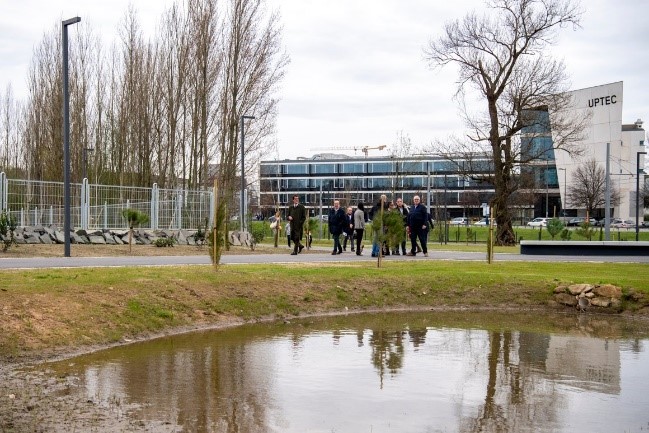
Porto Climate Pact
Porto stands as a city committed to tackling the climate crisis not only through ambitious goals but through practical and actionable measures that involve the participation of the entire society. Porto Climate Pact aims to achieve the climate neutrality in Porto by 2030 paving the way for a sustainable and resilient future and engaging different stakeholders, because climate actions do not belong exclusively to the municipal initiative.
This Pact is led by the city of Porto and aims to awaken the action of citizens and organizations, creating a real learning community, sharing experiences and knowledge, and mutual support for this purpose. Since its launch in 2022, it has mobilized actors from several economic sectors and already has more than 200 institutional subscribers from areas as diverse as academia, justice, education, telecommunications, construction, industry, non-governmental organizations, the third sector, sports, science, health, culture, covering some of the most reputable institutions and business organizations in the city and the region.
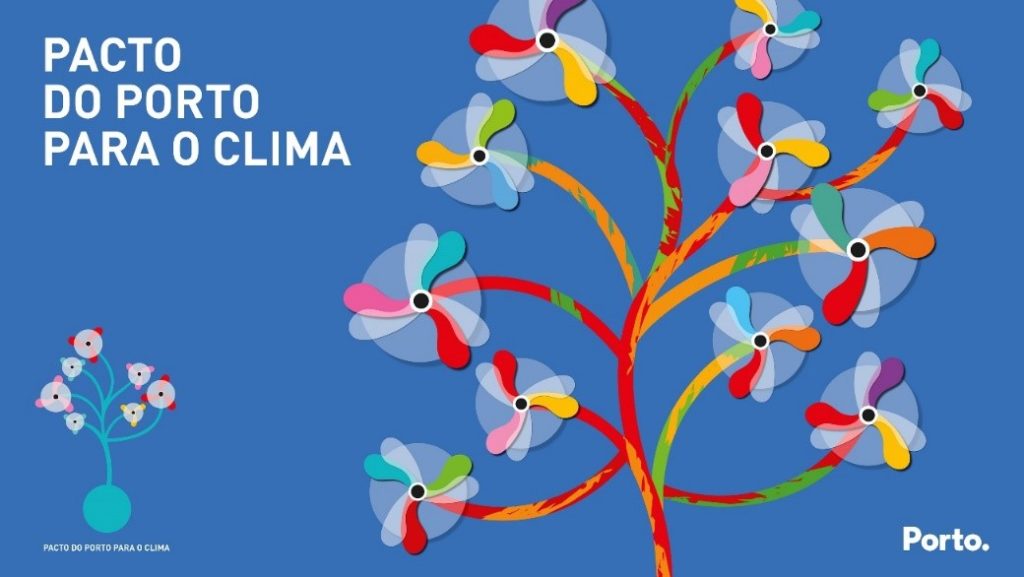
Learn more about Great Wine Capital Porto
Learn more about Porto Climate Pact: Watch the promotional video!
Text by: Daniel Freitas / Porto Ambiente
Photo Credits: Miguel Nogueira / CMP